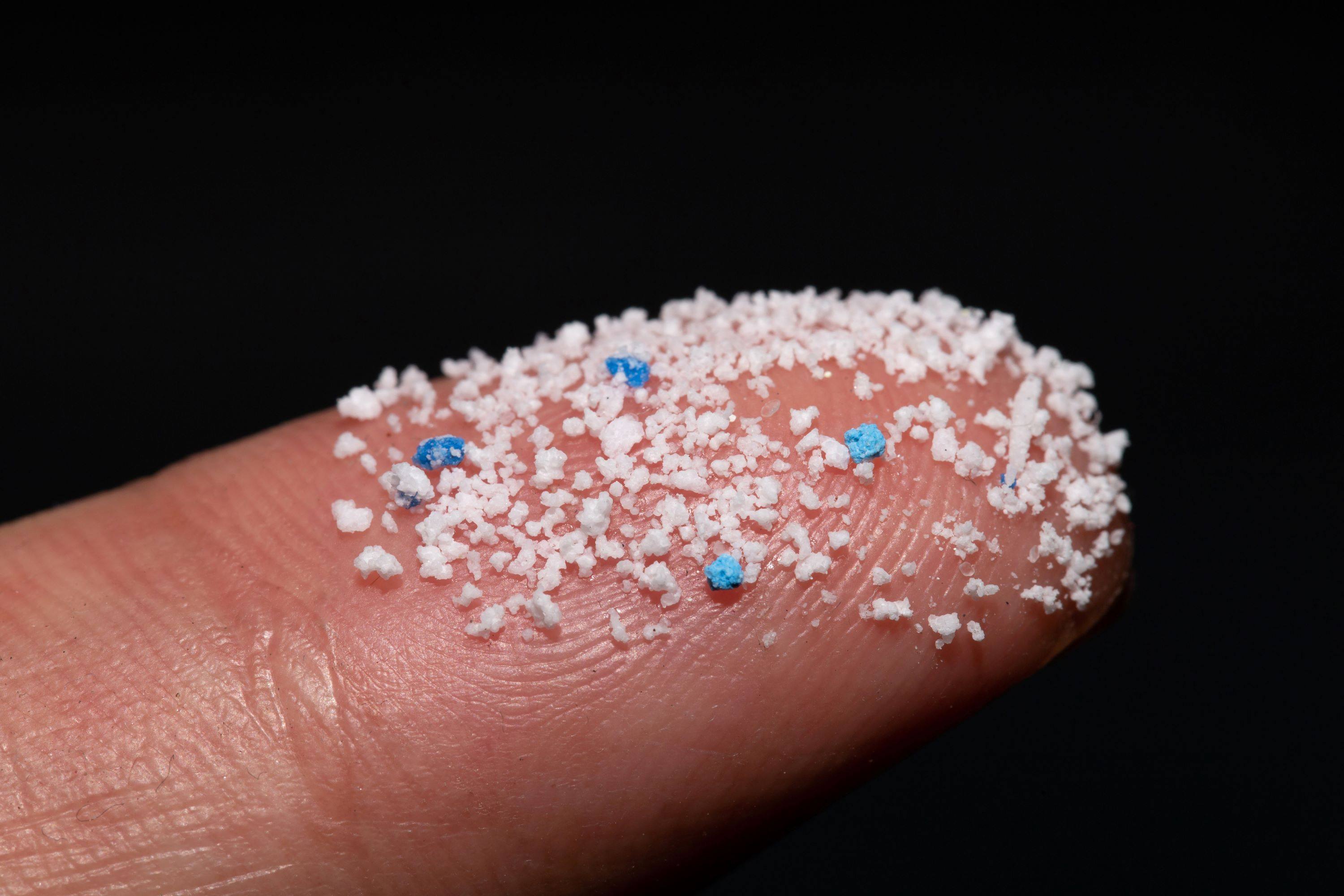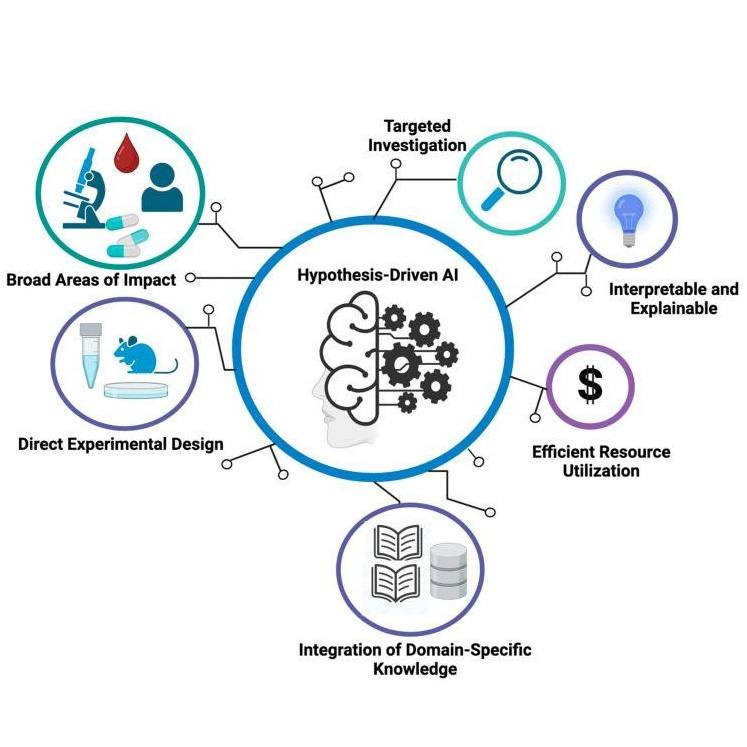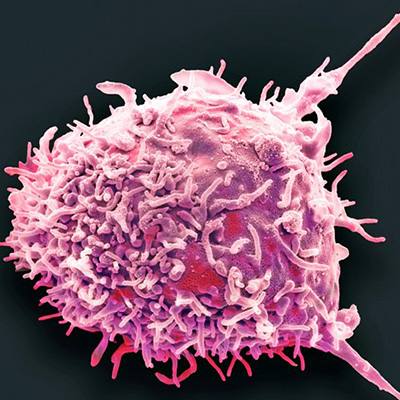-
Individualized Medicine
Celebrating Mayo Clinic women in medicine on International Women’s Day

In honor of International Women’s Day on March 8, Mayo Clinic’s Center for Individualized Medicine is celebrating the inspirational women who are taking on incredible challenges and leading the way to cure, connect and transform health care.
International Women’s Day is dedicated to the social, economic, political, cultural and scientific achievements of women. This year’s theme is “Choose To Challenge” — a call to action for accelerating gender parity.
Here are eight (of many) trailblazing women in the Center for Individualized Medicine:
Veronique Belzil, Ph.D., an epigenomics researcher and assistant professor of Neuroscience, is paving the way for improved diagnosis and treatment of amyotrophic lateral sclerosis (ALS), frontotemporal dementia and other related neurodegenerative diseases. Her laboratory aims to discover and characterize genetic, epigenetic, and transcriptional changes driving neuronal death to better understand the complex causes and conditions observed in patients affected with neurodegenerative diseases. Dr. Belzil is also working to develop therapeutic approaches using gene delivery, gene silencing, gene editing and RNA interference methods in human cell lines.
Margot A. Cousin, Ph.D., a translational genomics researcher in the Translational Omics Program, is working to uncover the underlying mechanisms causing pediatric recurrent acute liver failure (RALF) caused by alterations in the gene RINT1. Her findings could also shed light on more common liver diseases. After publishing her initial findings about the disorder, Cousin and her team are now using cellular biology and advanced genomics and proteomics technologies to analyze patients’ cell samples to better understand how these genetic variants in RINT1 trigger liver failure during illness. Additionally, Dr. Cousin is studying the use of antisense oligonucleotide therapeutics with the goal of facilitating the development of individualized drugs targeting a patient’s specific genetic alteration. This effort hopes to bring customized therapeutics to those who have devastating rare genetic conditions without any specific therapy or cure.
Teresa Kruisselbrink is a licensed, certified genetic counselor, supervisor and a co-director for the Genomics in Action Strategic Initiative. In this role she and her team collaborate to discover, translate and apply new individualized medicine tools and services across the three sites of the Mayo Clinic enterprise. Currently, the focus of this work is on providing predictive genomic testing for healthy individuals and increasing access to genomics and genetic counseling through new tools and care models. The overarching effort is scaling genomics to be used widely in patient care, as is being architected in. The recently launched Tapestry Study will sequence 100,000 Mayo Clinic patients.
Minetta C. Liu, M.D., professor and research chair in the Department of Oncology and a consultant in the Department of Laboratory Medicine and Pathology, conducts patient-oriented research focused on three major areas: (1) the development of clinically relevant molecular markers to allow for the most accurate prediction of treatment benefit and patient outcomes in solid tumor malignancies, (2) multicancer early cancer detection through blood assays, and (3) the development of novel therapeutics to improve survival in early-stage and metastatic breast cancer. One recent publication reported on her collaborative work to develop and validate a single blood based clinical test for the detection of multiple cancers. Prospective clinical trials related to test implementation are ongoing.
Yuguang Liu, Ph.D. is an electrical engineer and assistant professor and associate consultant in the Department of Surgery and in the Microbiome Program. She recently developed a microfluidic device for sequencing whole genome and transcriptome of single bacterial cells from clinical specimens and environmental samples, which were experimented on the International Space Station. Building upon this, she moved on to develop a credit card-sized digital microfluidic device to detect bacterial infections, such as sepsis, in a rapid manner. Another of her efforts focuses on developing a digital microfluidic tool for the frequent monitoring of immune-mediated therapeutic responses to enable individualized, data-driven patient care.
Gina Suh, M.D., is an infection disease specialist and founder of Mayo Clinic’s Phage Therapy Program. Dr. Suh has a special interest in bacteriophages as a novel therapeutic for the treatment of infections, particularly multi-drug resistant and biofilm-mediated infections. She treated Mayo Clinic’s first phage therapy patient and is heading efforts to create the Mayo Clinic Phage Therapy Program and run clinical trials.
Marina Walther-Antonio, Ph.D., assistant professor in the Department of Surgery, Department of Obstetrics and Gynecology, and in the Mayo Clinic Center for Individualized Medicine Microbiome Program, focuses her studies on the role of the microbiome in women's health, in particular gynecologic cancers. In one recent study, she identified a microbiome signature associated with endometrial cancer, which is in part promoted by post menopause. In another study, she discovered that some of the epigenetic markers that are known to be associated with endometrial cancer are altered months to years before the development of the disease, providing a novel opportunity for intervention and prevention.
Liewei Wang, M.D., Ph.D., is the Bernard and Edith Waterman Director, Pharmacogenomics Program and co-principal investigator for National Institutes of Health Pharmacogenomics Research Network. She is working to identify and understand how biomarkers might predict and contribute to how an individual responds to a particular drug, especially drugs used to treat cancer. In one study, she is investigating a series of biomarkers related to the initial treatment for patients with estrogen receptor-positive (ER+) breast cancer with a class of drugs called aromatase inhibitors. In another study, BEAUTY, she has identified biomarkers for selection and repurposing a class of epigenetic drug to treat chemotherapy resistant patients. She is also conducting a large population-based study using 10,000 Mayo Clinic Biobank samples to preemptively sequence 76 pharmacogenes and add this information to the Mayo Clinic electronic medical record.
Learn more
Read more stories about advances in individualized medicine.
Register to get weekly updates from the Mayo Clinic Center for Individualized Medicine blog.
Join the conversation
For more information on the Mayo Clinic Center for Individualized Medicine, visit Facebook, LinkedIn or Twitter at @MayoClinicCIM
Related Articles















